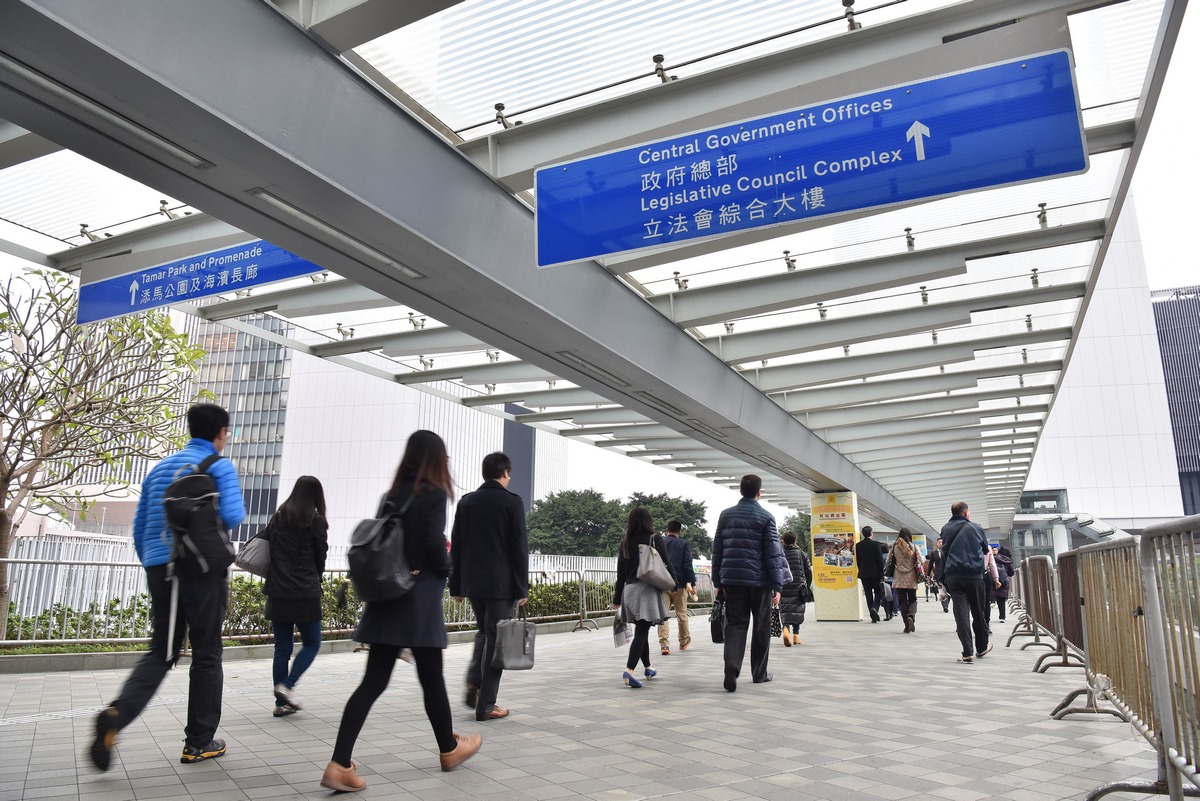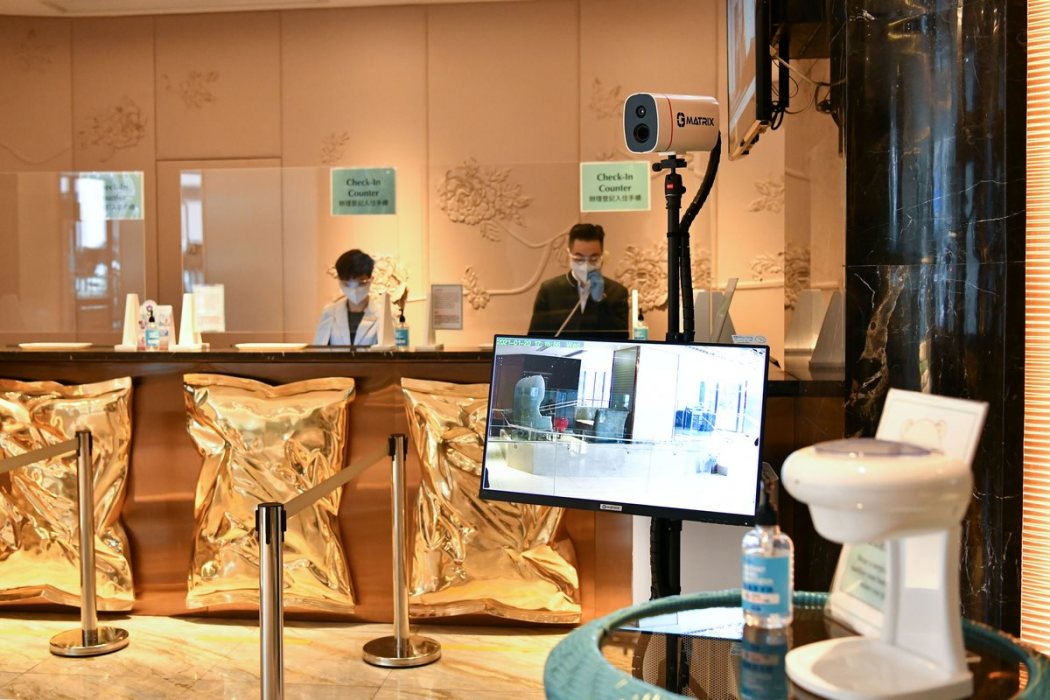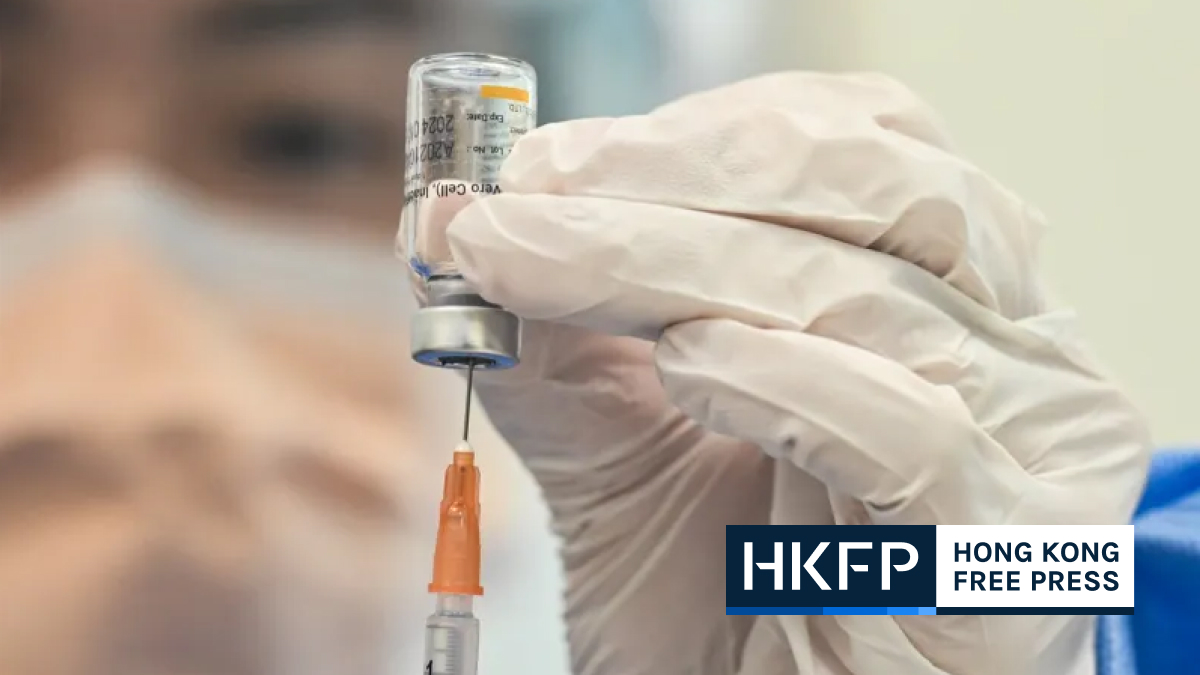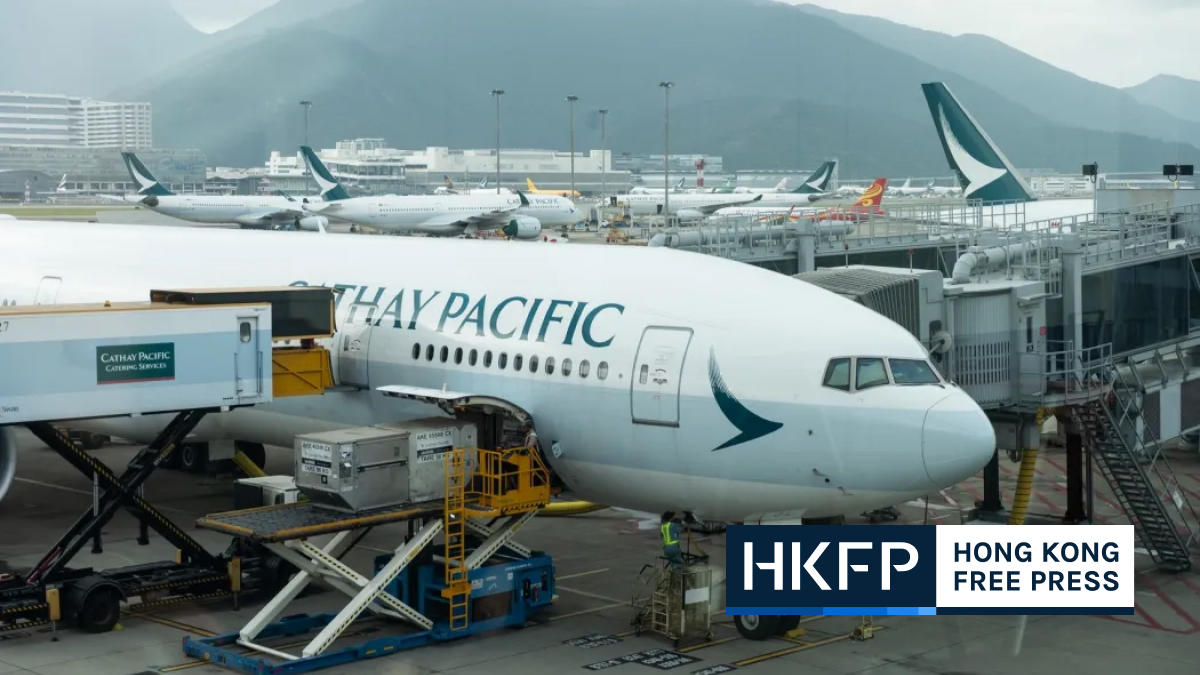Hong Kong government employees will have to present a Covid-19 vaccination proof to enter official premises starting in February, while those who have not received a jab will need to pay for a test every three days from next week.
This is part of a new “vaccine bubble” arrangement the authorities announced on Tuesday, on top of the existing measure requiring staff to scan the LeaveHomeSafe contact-tracing app.

Those who are physically unfit to be vaccinated will need to prove their medical conditions with a doctor’s certificate. They will be given a special pass to gain access to their workplaces.
“Those who refuse to receive vaccination without duly certified medical reasons are acting irresponsibly,” a government statement read.
The government added that the vaccine bubble arrangement will put it in a better position to ease testing requirements for civil servants who cannot receive vaccination for health reasons.
Self-paid tests
Starting next Tuesday, government employees who have not received their first dose of vaccine will need to take a test outside working hours and at their own expense on a three-day cycle. The test result – based on specimen samples collected through combining nasal and throat swabs – will be valid for three days only.

“In view of [the] increasing threat posed to Hong Kong amid the growing number of infection cases involving mutant strains of Covid-19 with high transmissibility in the world, it is necessary for the government to press for early Covid-19 vaccination among its employees so as to ensure that government bureaux and departments have a strong defence,” a press statement said.
Government employees who are physically unfit to receive a jab will need to prove their medical conditions with a doctor’s certificate. Their bureaux and departments will then allow them to take a polymerase chain reaction-based nucleic acid test for Covid-19 at community testing centres once every three days during office hours, as long as government operations are not affected. The authorities will fully reimburse the testing fees.
So far, about 96 per cent of government workers have received their first dose of Covid-19 vaccine.
Imported Omicron cases
As of Tuesday, the city has registered 12,541 cases of Covid-19. The eight new infections recorded on Tuesday were all imported and contained mutant strains.

The Centre for Health Protection (CHP) announced on Tuesday that eight previously confirmed cases carried the highly-mutated Omicron variant, based on genome sequencing analysis conducted by the government lab. It pushed the total tally of Omicron cases in Hong Kong to 27.
The CHP said some imported Omicron cases were confirmed in designated quarantine hotels, and the authorities urged the hotels to step up their infection control and surveillance measures, including providing daily testing to people who have stayed in rooms next to those of an Omicron case patient.
Additional testing will also be imposed on people who have completed their quarantine but have spent time in a hotel room next door to an Omicron patient.
Support HKFP | Policies & Ethics | Error/typo? | Contact Us | Newsletter | Transparency & Annual Report | Apps
Help safeguard press freedom & keep HKFP free for all readers by supporting our team















